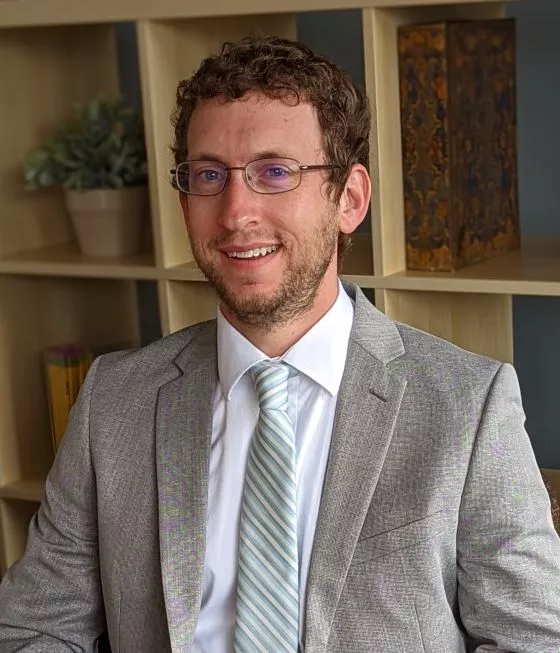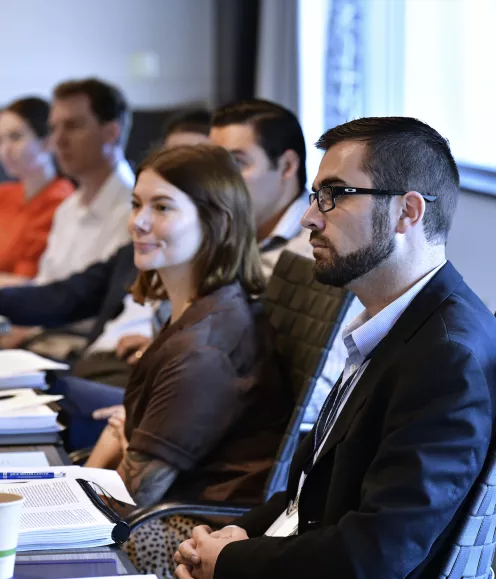
The American Political Tradition Project
A strategic venture to build a talent pipeline of scholars and academic entrepreneurs to teach America’s founding principles and history.
Driven University Scholars. Civic Education on College Campuses. Academic Excellence.
Through the American Political Tradition project, we are building the academic talent pipeline of scholars who teach the history, documents, and ideals that unite us as Americans. The Jack Miller Center plays a key role in identifying, training, and supporting dedicated scholars throughout their careers.
Over the past 20 years, this project has transformed American political thought from a struggling subfield into one of the most thriving disciplines in political science by investing in talented scholars, rigorous academic research, and campus programs for student engagement.
Teaching the American political tradition
We invest in entrepreneurial scholars who reach beyond the college classroom, from K-12 education to telling freedom’s story in the media. Here’s how our educator-centered model is transforming higher education.
Impact
The Jack Miller Center was founded to address a critical problem: the disappearance of America’s founding principles and history from our nation’s classrooms. To solve this problem, we have spent the last 20 years investing in talented, mission-aligned scholars to revive civic education on college campuses, in K-12 classrooms, and beyond.
Now, JMC Scholars are leading the civic education revival on campus, and are the primary source of talent for teaching positions in American politics, political theory, and history.

Scholars
Our nationwide network of scholars is at the heart of what we do. Through the American Political Tradition Project, we bolster our network of scholars by supporting their teaching and research, aiding in the creation of new campus programs and events, and connecting them with a robust network of fellow college educators.
Meet some of the scholars who are advancing civic education in campuses around the country.

Events
At the Jack Miller Center, we believe in the power of great teachers. Since 2004, we have supported hundreds of events nationwide to connect students and the public with great educators, researchers, and practitioners.
Learn more about our campus events around the country.

“It is no exaggeration to say that everything
I have achieved in academia has been supported or facilitated in part by the Jack Miller Center.”
Our programs in higher education:

Scholarly Network
Miller Fellowship
A rigorous fellowship for identifying, training, and supporting emerging scholars of the American political tradition.

Faculty Pipeline
Schools of Civic Thought
Supporting new civics schools at public universities through a robust faculty pipeline, administrative training, and curriculum support.

Campus Speakers Series
Constitution Day Intiative
A speakers bureau for JMC Scholars and other prominent figures to discuss key questions in the American political tradition at campus and public events.

Research Support
Scholar Research, Opportunities, & Awards
Supporting excellent scholarship through research workshops, post-doctoral fellowships, teaching awards, and more.

Academic Journal
American Political Thought
A peer-reviewed academic journal of ideas, institutions, and culture launched by JMC and The University of Chicago Press in 2012.

Reaching New Disciplines
History, Community Colleges, Humane Letters, & Law
Targeted projects to improve the civic education in community colleges, law schools, and history classrooms through faculty training and course development.
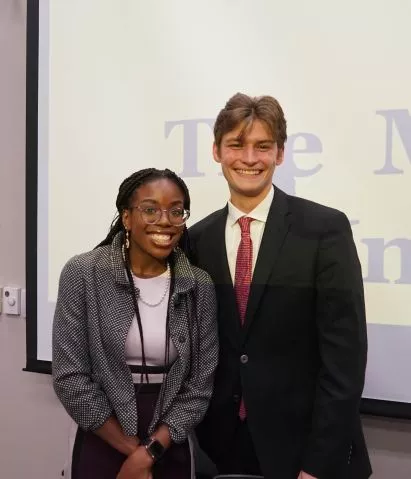
Student Engagement
Scholar-Led Campus Programs
Working with JMC Scholars to build unique campus programs to engage students through debates, reading groups, mock trials, and more.
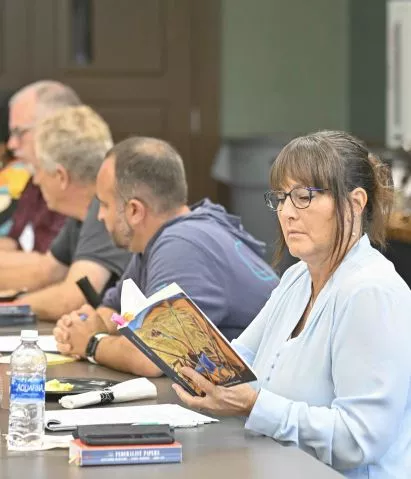
K-12 Teacher Programs
Scholar-Led Teacher Workshops
Discussion-based seminars and graduate courses focused on America’s founding documents, ideas, and great debates.
American Political Tradition Project News:
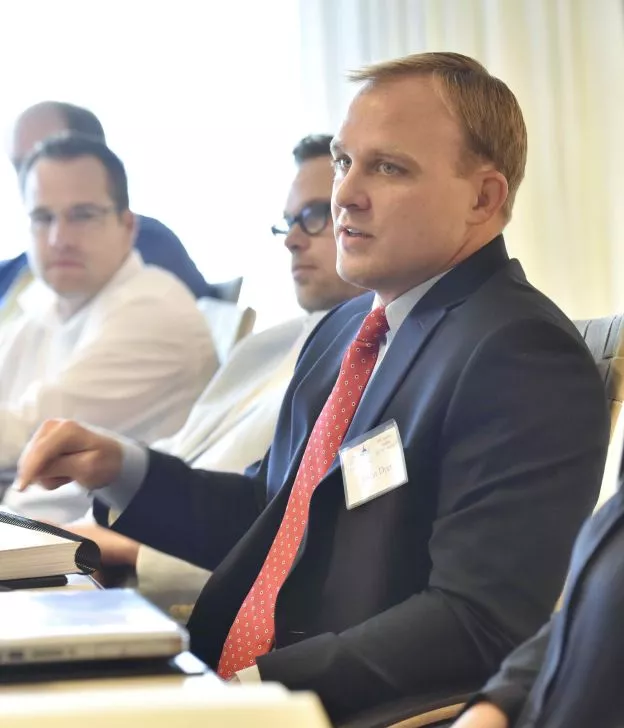
News
Embracing Civics Can Help Restore Trust in Higher EducationCivics is an antidote to the cynicism that reduces everything to power and to the nihilism that seeks only to subvert and tear down.



